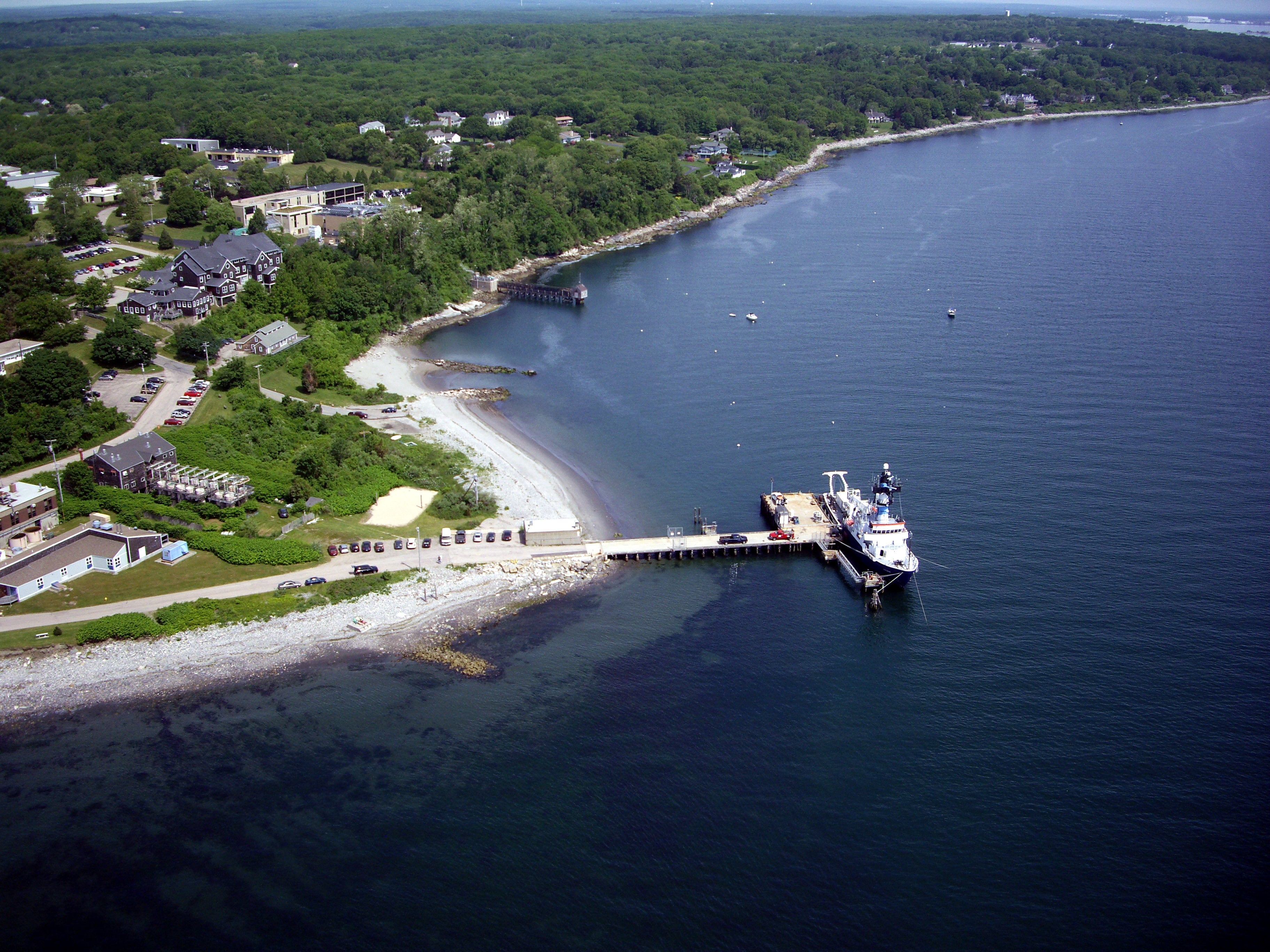URI’s Graduate School of Oceanography, set on the shores of Narragansett Bay, has long been recognized as a premier oceanographic institution with a global reach and a reputation for leadership in discovering the secrets of the world’s oceans. Research directed from GSO’s Narragansett Bay Campus has footprints across five continents and the Arctic.
The numbers alone are impressive. About 30 percent of all research sponsored at URI is awarded to GSO. R/V Endeavor, the 185-foot National Science Foundation research vessel operated by GSO for 40 years, has traveled one million nautical miles and completed 600-plus scientific expeditions from Narragansett Bay to Antarctica, the Pacific Ocean to the Arctic.
Earlier this year, NSF awarded a new research vessel to the East Coast Oceanographic Consortium, led by URI. The ship, worth about $125 million, will be delivered to the GSO in 2021 and home-ported at the Bay Campus. The new vessel, one of only three of its kind in the nation, further cements Rhode Island’s leadership in ocean research.
While GSO ocean researchers travel the seas, at home a team of scientists, ocean engineers, educators and video producers at the Inner Space Center support live ocean exploration via telepresence technology. The Inner Space Center, the only one of its kind in the world, has become an international hub for ocean science exploration and education — expanding the number of scientists engaged in live expeditions, inspiring the next generation of ocean explorers, and supporting some of the largest ocean science education and outreach initiatives in the world.
GSO students — whether their focus is biological, chemical, geological, or physical oceanography — benefit from this active participation in research with the Inner Space Center. They also have opportunities to travel, working directly with world-class scientists at sea. And every year URI undergraduates from a broad range of disciplines, as well as teachers across Rhode Island, go to sea with GSO to experience ocean science first-hand.
Recognized as a respected leader in sustainable fisheries and coastal planning and management, GSO has worked on projects all over the globe. URI’s Coastal Resources Center recently was awarded a $25 million federal grant — the single largest grant in URI history — to lead a coastal fisheries initiative in the Philippines to bring coastal science and fishery reform to the fishing industry there, which is in peril due to destructive fishing practices, typhoons, and coastal degradation.
Although the extent of its influence and expertise is far-reaching, GSO has a priority and deeply held responsibility much closer to home — monitoring the health of Narragansett Bay, which is vital to the health and economy of Rhode Island. Just this fall, as part of an effort to monitor and predict the Bay’s health in the face of environmental changes, a new project will use a collection of state-of-the-art sensors and water sampling technologies to quantify chemical compounds and marine organisms, the presence of which can impact plants and animals in good or bad ways.
For more than five decades, scientists, researchers and educators at URI’s Graduate School of Oceanography have been at the forefront of marine science. Today, GSO continues to lead — investigating the mysteries of our oceans, contributing to the body of knowledge that will address the crucial issues that face our planet, both at home and in the world at large.

